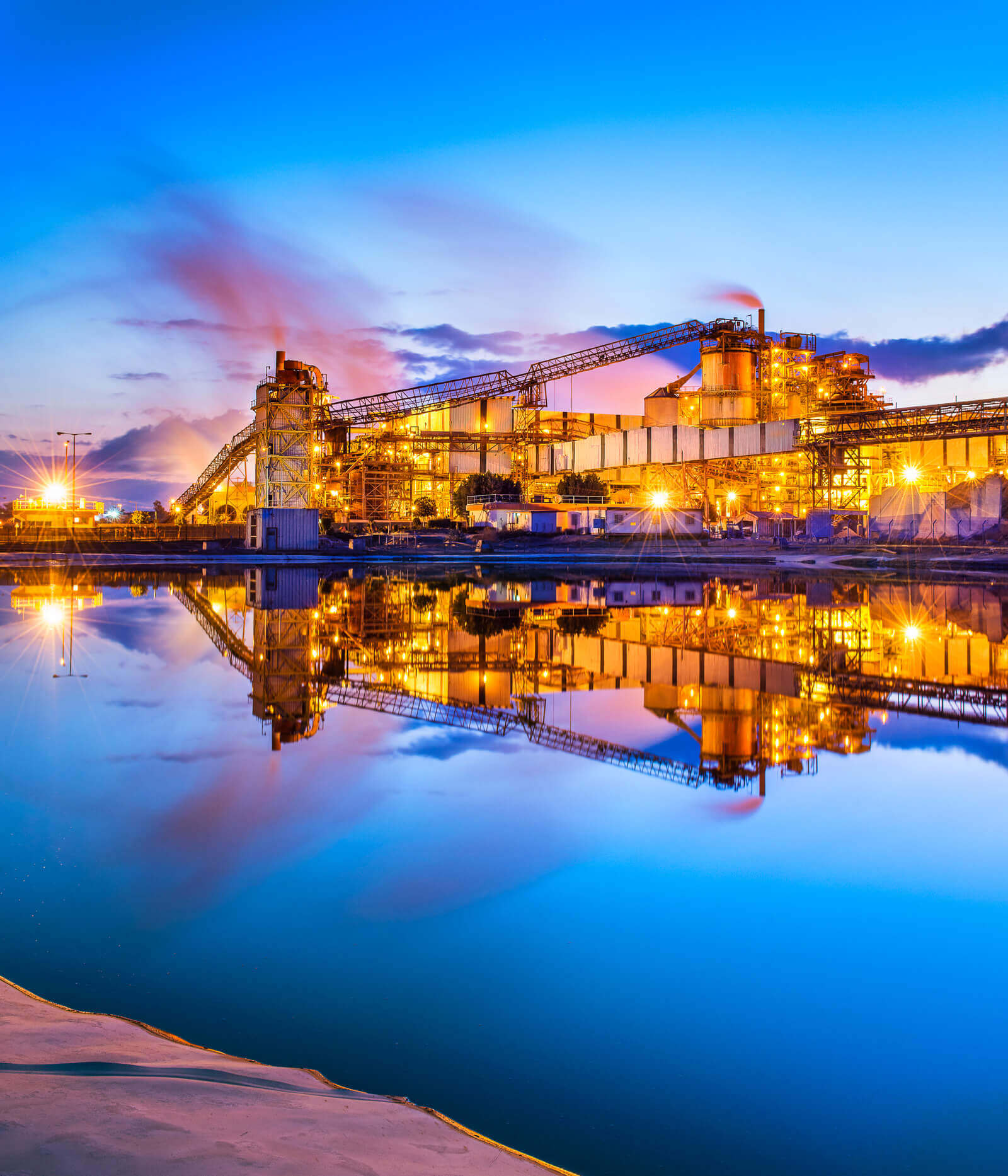ICL is cognizant of the accelerating pace of climate change and with it, the impacts and challenges that our stakeholders and the Company face. As a result, the Company is participating in the international commitment to reduce GHG emissions, including by making a commitment to the SBTi.
The impact of climate change is especially acute in agriculture, where ICL is a leader in enabling resilient agriculture. Our solutions include multiple products that support the planet’s ability to better withstand climatic stress.
In addition, ICL, as a leading global specialty minerals company, is part of a business sector that can be a vital enabler for the transition to a low carbon economy through development of innovative products and services. Our offerings include, among other innovative products, energy storage solutions that enable the ability to store renewable energy and support the electric car industry.
In addition to our products and services, we are taking a systematic approach to reduce our GHG emissions across our global operations and have created programs to reduce carbon emissions in all our operations. These multiple initiatives and programs required the mobilization of the entire Company and have resulted in an 18.1% reduction of all Scope 1 and 2 GHG emissions vs. the 2018 baseline.








